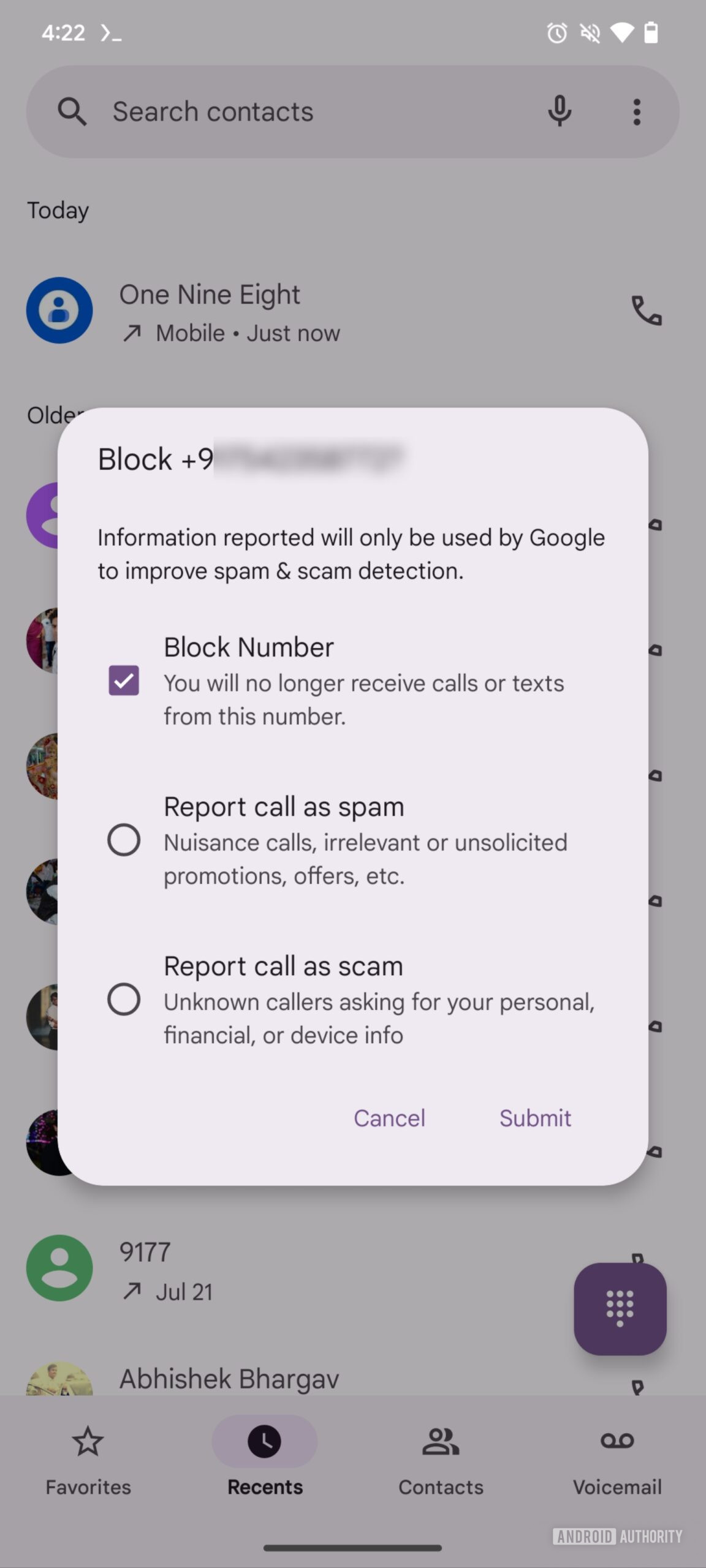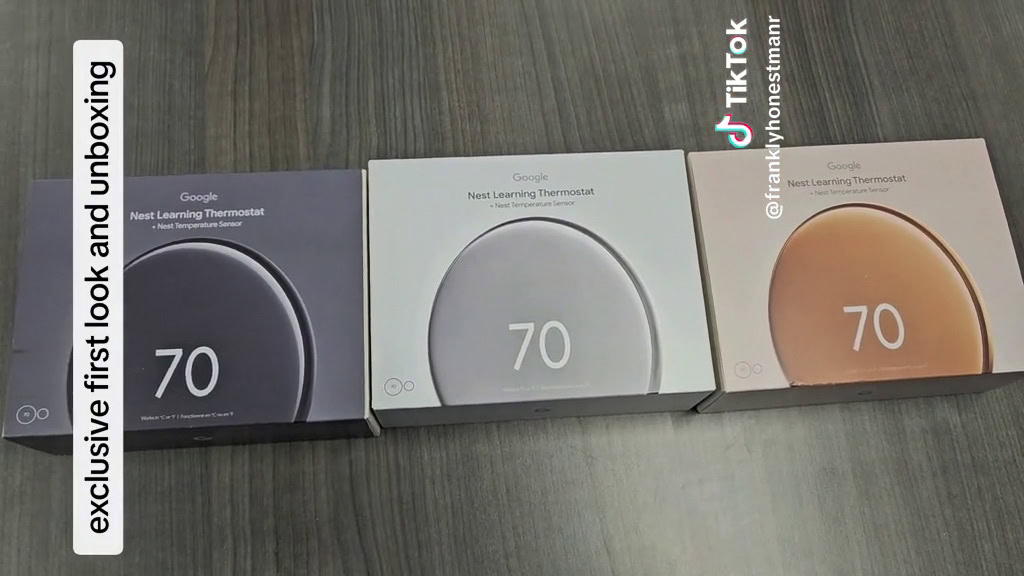Love it or hate it, this is how Google made the new Pixel 9 packaging plastic-free
- Google’s latest Pixel packaging is its first to be 100% plastic-free.
- The new look wraps a no-nonsense cardboard box in a colorful external sleeve.
- Google mixed up some extra-strong paper to help the packaging feel as robust as it is environmentally friendly.
Google introduced the Pixel 9 series just last week, and if you’re anything like us, you rushed to get your pre-order in. The first of those orders are just about to start arriving, giving Pixel’s biggest fans their first hands-on look at this new hardware. And while there’s clearly a lot to like about the phones, we’re curious just how far that same enthusiasm will extend to Google’s latest packaging.
For years now, Google’s placed an emphasis on trying to be environmentally friendly when it comes to hardware. That’s involved a lot of recycled plastics, not just in devices themselves, but also for their accessories, like cases. That trend has continued when it comes to packaging, and if you’ve opened any Google products anytime recently, you know to expect a whole lot of cardboard, with minimal plastic.
With the Pixel 9, Google’s taking that approach to its next logical step, and the company shares that all its latest Pixel, Nest, and even Fitbit packaging involves no plastic, whatsoever.
![]()
If you’ve caught an early unboxing, though, you might already have some concerns. Rather than the sort of premium-feeling box we had on the Pixel 8, with a top that lifts straight off for a nice presentation, the Pixel 9’s colorful outside packaging slides off like a sleeve. Inside, there’s a much more utilitarian box, which strongly gives off “recycled” vibes.
Google probably hopes that shoppers see that, and understand that it’s communicating the company’s commitment to environmental concerns. But new Pixel 9 owners might also find themselves wondering if there might have been a way to hit those same zero-plastic targets, while also feeling a bit more like there’s something worth $800 (or more) within.
The company goes on to highlight some of the advancements in materials that have empowered it to deliver this packaging design, including new, extra-strong and durable paper for the exterior box, and a reformulated molded fiber pulp formula for the inserts that hold the actual gear.
What do you think about Google’s efforts here? Do you appreciate how it’s trying to be green? Or does this environmentalism feel a bit performative? Let us know in the comments.








